As the mercury begins to plummet, even the most brave of us retreat to the comfort of a garage or workshop. But while working on your car inside, it’s essential to get organised and be prepared for every eventuality to help keep yourself in one piece; here are some practical tips on workshop safety to help.
1. Stop thief!
Before you embark on a winter wonderland of working on your pride and joy, think about security. After all, if you’re about to park your car up for a while and kit out your workshop with expensive spares and tools, then you don’t want someone getting in and pinching everything. Workshops away from home on an industrial estate are particularly vulnerable. Fit strong locks, take expensive tools home with you if necessary, and maybe consider installing some type of alarm of online surveillance. Even if it’s a dummy camera.
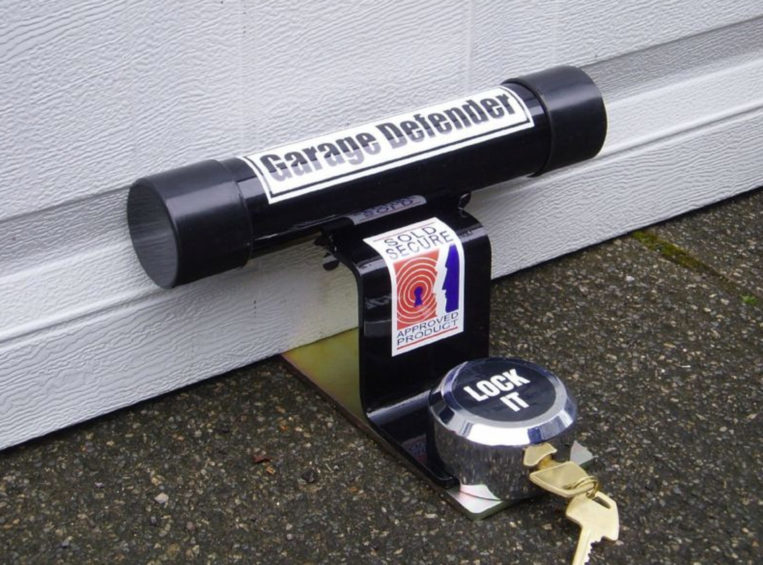
2. Make a sharp exit
Keeping your workspace tidy is important; it’s all too easy to injure yourself tripping over tools left on the floor, dangling wires, part dismantled parts and VW body panels. Also, keep your exits clear. If there’s a fire or an accident and you need to get out quick, then you don’t want to be climbing over a pile of bits to reach the door. Think too about storage. Keep heavy objects low down (so there’s no risk of them falling or you hurting your back while lifting them) and lighter or more fragile items higher up out of the way.
3. Going oil the way
Inevitably old cars sometimes exhibit nasty habits, one of which is leaving lots of oil. Obviously, if you’re taking an engine apart – there’s bound to be a leakage of oil at some point. If it gets on the floor and isn’t mopped up, then you’ve got yourself an accident waiting to happen. Use drip trays to collect the big spills, oil absorbent pads and have a sack of oil absorbent granules at hand. Slippery oil slicks do nothing to help workshop safety!

4. A breath of fresh air
While it’s unlikely that your workshop will be fitted with a full ventilation system, if you’re tuning your car with the engine running, for instance, keep a window or door open. Breathing in fumes from paint products like RAPTOR and other noxious substances can be dangerous too, so take the proper precautions, and make sure you use a mask if required.
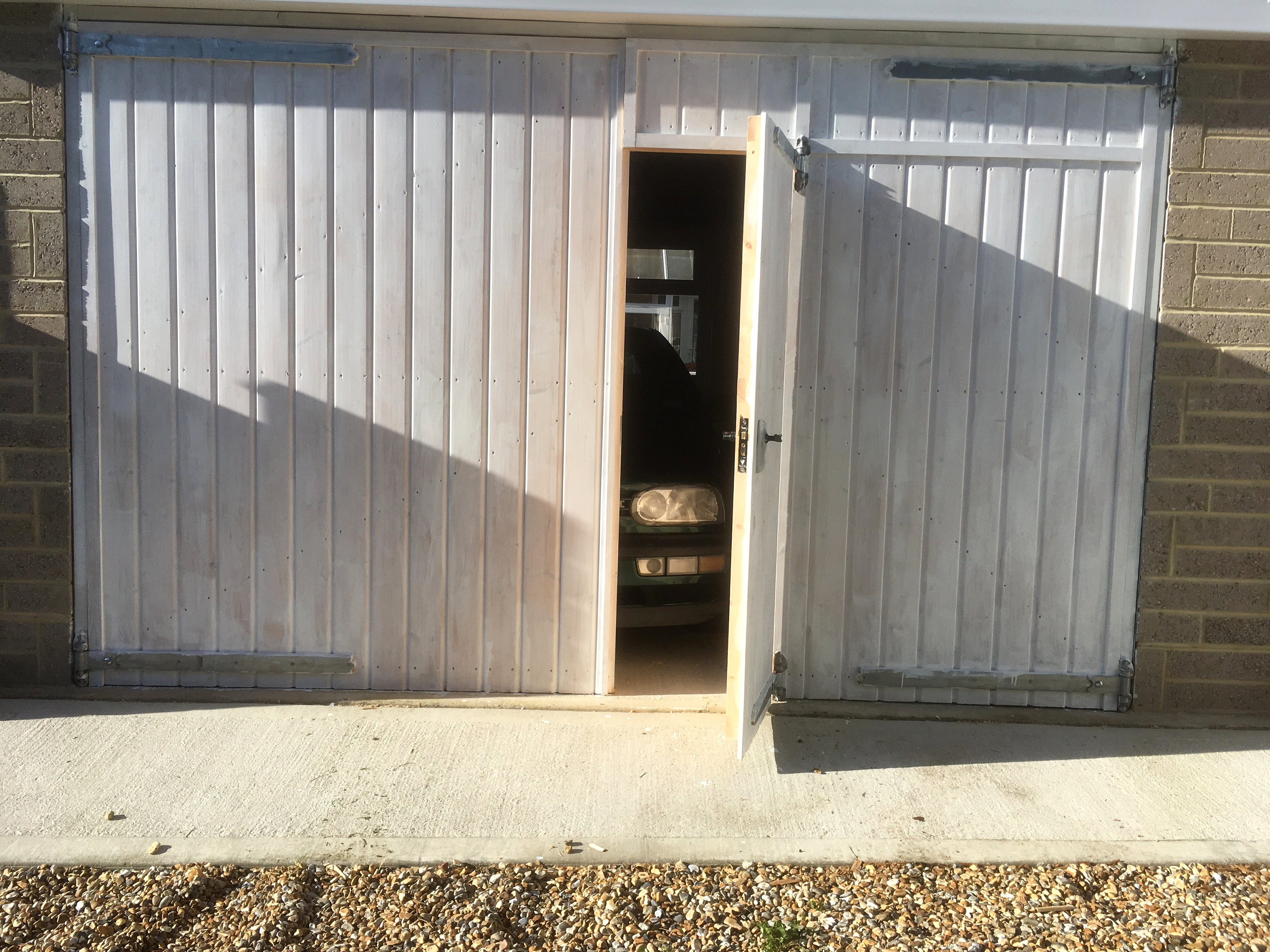
5. Another bright idea
Chances are you’ll be using all manner of power tools in the workshop, so check they are properly maintained and that all the plugs, leads and extensions are good. Don’t use them while the cables are coiled up and as obvious as it sounds, keep electrical tools away from water, they just don’t mix. Always read the safety manuals that come with any tools you buy and adhere to what they say regarding their safe use.
Take additional precaution, and disconnect the battery when working on your car; especially if you have welding jobs to do.
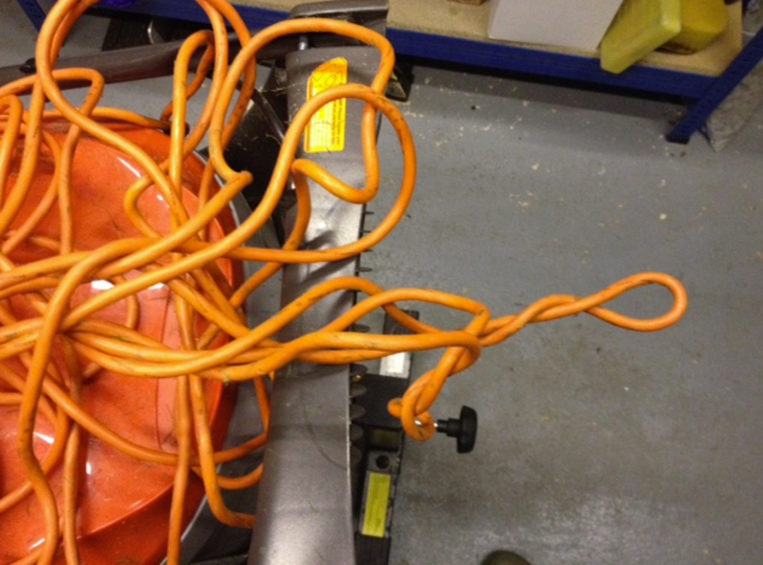
6. Don’t play with fire
Even when you’re not working with a direct flame, burner or welding tool it makes sense to have a good fire extinguisher close at hand. Tools can get hot, sparks can get thrown and if there’s a highly flammable substance around, such as petrol or paint thinners, then you could easily have a blaze on your hands. There are five different types of extinguisher; water for Class A fires (paper, wood etc); foam for Class A and B (flammable liquids) fires; dry powder for Class A, B, C (flammable gases), D (flammable metals) and electrical equipment fires; C02 for Class B and electrical fires and wet chemical for Class A and Class K (deep fat fryers). Using the right extinguisher for the right fire is crucial, so the safest best is to get a dry powder extinguisher which will tackle most things – although they’re not great in confined spaces as there’s a risk of breathing in the powder.
A final note about fire. Never be tempted to weld anywhere near a fuel line or fuel tank. Even if you’re a fair distance away, the fumes can still ignite. Play it safe and remove the tank.
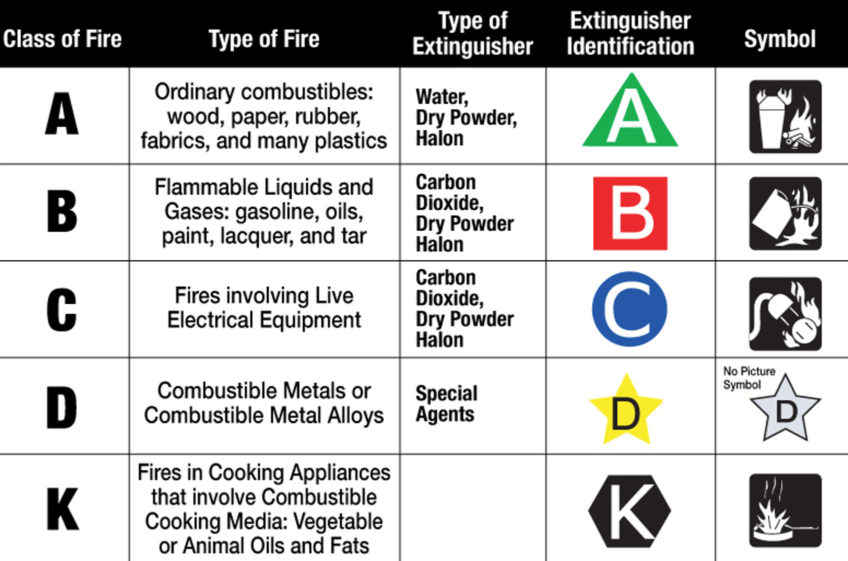
7. Keep it safe and sound
Okay, it’s tempting to raise a smile when mention is made of ‘health and safety’ – but in the workshop you need to take it seriously. Accidents can happen in a flash, literally, and hindsight is all very well – after the event! Get into a strict routine of changing into the appropriate overalls (so there’s no loose ties to get caught in machinery) and remove any rings, watches and bangles so they can’t get caught or damaged. If you’re getting oily or dusty, wear latex gloves to prevent dermatitis and if you’re machining put on safety glasses and ear defenders. Get some decent steel-capped boots too. If you’ve ever let an air-cooled engine drop on your tootsies, you’ll appreciate why we’re saying this. Got a load of cutting, wire brushing, rubbing down or body preparation to do? Wear a face mask: if you blow your hooter after a workshop session and your hanky is black, it’s too late.
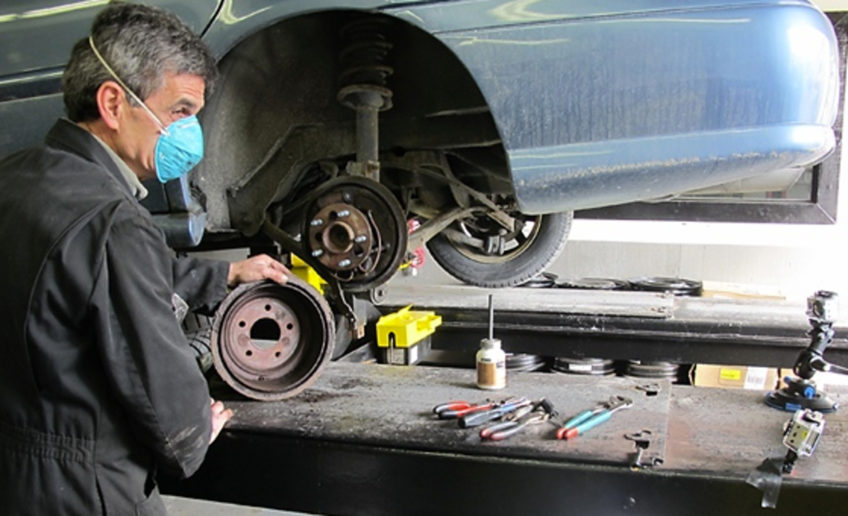
8. First aid
There’s nothing worse than getting halfway through a job on your car only to cut yourself and have to fumble for a plaster to staunch the blood. It can make a horrible stain on your upholstery! That’s why having a good supply of fresh plasters and a decent first aid kit is a good idea. If you haven’t had a tetanus jab recently and plan on doing a fair bit of metal fabrication, go see your doc.
9. Need some support?
You don’t need us to tell you that there will be all manner of dangers in the workshop waiting to snare the VW enthusiast this winter. And in truth, most accidents occur when the correct precautions aren’t taken, or when you’re in a rush. But there are a few golden rules that you MUST stick to, whatever the situation. Never, ever get under a car that isn’t properly supported. Use a pair of strong axle stands or a set of ramps, make sure the wheels are properly chocked, the handbrake’s applied and first gear is engaged.
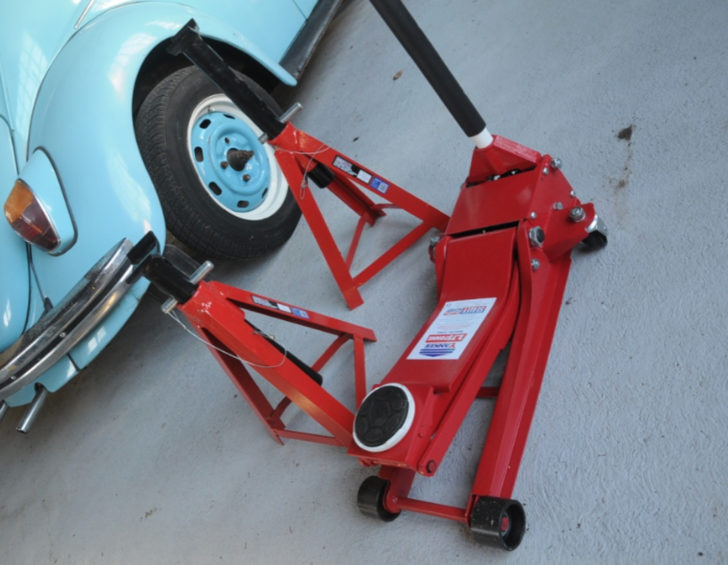
10. On your Jack…
Having a companion or workmate working alongside you is a good idea. Not only is it good for moral, but if there is an incident there will be someone there with a mobile to call the emergency services.
Most of all, have fun in the workshop this winter. After all, the 2018 show season always seems to come around a lot quicker than you thought!
Ian
The opinions expressed here are the personal opinions of the author and do not necessarily represent the views and opinions of VW Heritage.


